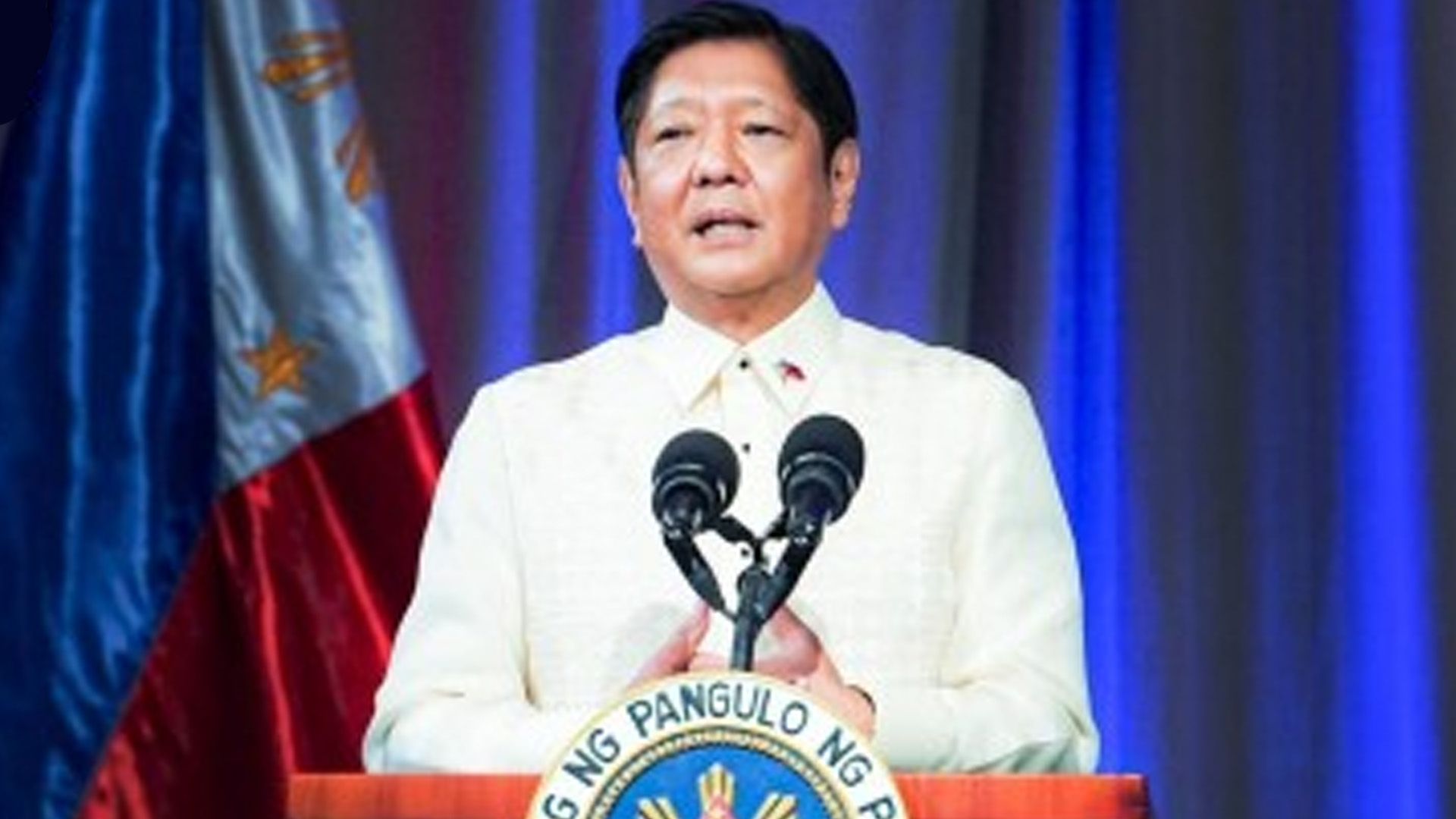President Ferdinand R. Marcos Jr. has declared the Pambansang Pabahay Para sa Pilipino Program (4PH) as his administration’s flagship program to ensure the success of the affordable housing initiative.
The Department of Human Settlements and Urban Development (DHSUD), as the primary government entity responsible for the management of housing and human settlements nationwide, will serve as the lead implementing agency of 4PH, according to Executive Order (EO) 34 signed by Marcos on July 17. A copy of the order was made public on Wednesday.
Under EO 34, the national government agencies (NGAs), local government units (LGUs), and other government entities are directed to provide full support and cooperation to the DHSUD.
The DHSUD is tasked to identify and develop national and local government lands that are suitable for housing and human settlements, including new townships and estates development, in coordination with concerned NGAs and LGUs.
It is also mandated to make a recommendation to the President, through the Department of Environment and Natural Resources, to issue proclamations for the declaration of available public lands as alienable and disposable for housing and human settlement purposes.
Within 60 calendar days from the issuance of EO 34, the NGAs, including GOCCs and their subsidiaries, as well as the LGUs, are directed to submit to the DHSUD a complete list of the idle lands that they own and administer.
“The inventory of lands shall include government-owned idle lands or lands that have not been used for the purpose for which they have been originally reserved or set aside for at least ten (10) years, and on which no improvements have been made by the owner as certified by the concerned LGU,” according to the EO.
“Subject to limitations under applicable laws, rules and regulations, the DHSUD shall acquire ownership and/or administration of the identified lands of concerned agencies, for housing and human settlement purposes, and shall carry out the immediate development of the aforementioned lands.”
EO 34 instructs the Land Registration Authority (LRA) to assist the government agencies in the preparation of their respective inventories by providing a list of titles and the corresponding certified true copies that are registered under their offices.
Under the new EO, new titles for the suitable lands for 4PH will be issued under the DHSUD.
Based on the Philippine Development Plan 2023-2028, the country’s housing need estimates have accumulated to 6.8 million from 2017 to 2022.
“To address the need for decent housing and to build on the potential impact of a robust housing sector on the growing economy, the DHSUD launched the Pambansang Pabahay Para sa Pilipino Program,” EO 34 read.
“Vital to the success of the Program is the need to strengthen the DHSUD and its Key Shelter Agencies, and ensure the support and commitment of national government agencies and local government units.”
The funding requirements for the implementation of EO 34 will come from available appropriations of concerned agencies, subject to pertinent budgeting, accounting, and auditing laws.
For the succeeding years, the funding requirement of the program implementation will be included in the annual General Appropriations Act. (PNA)









